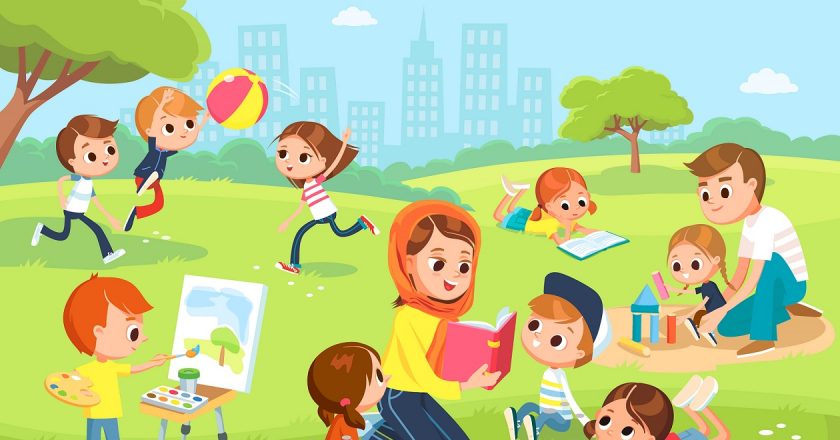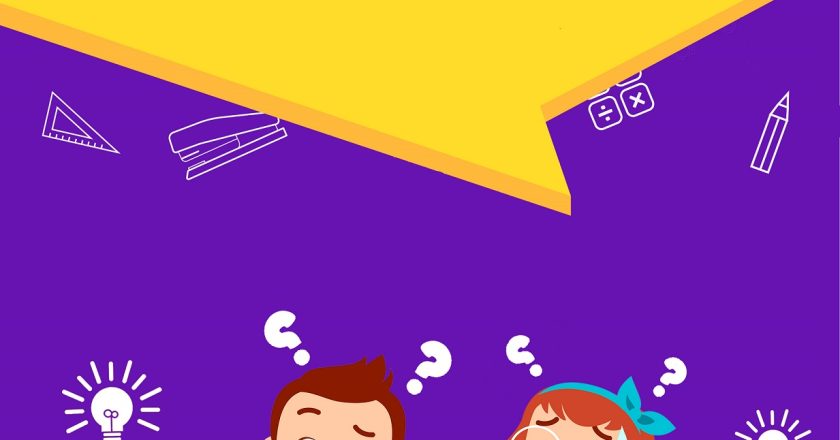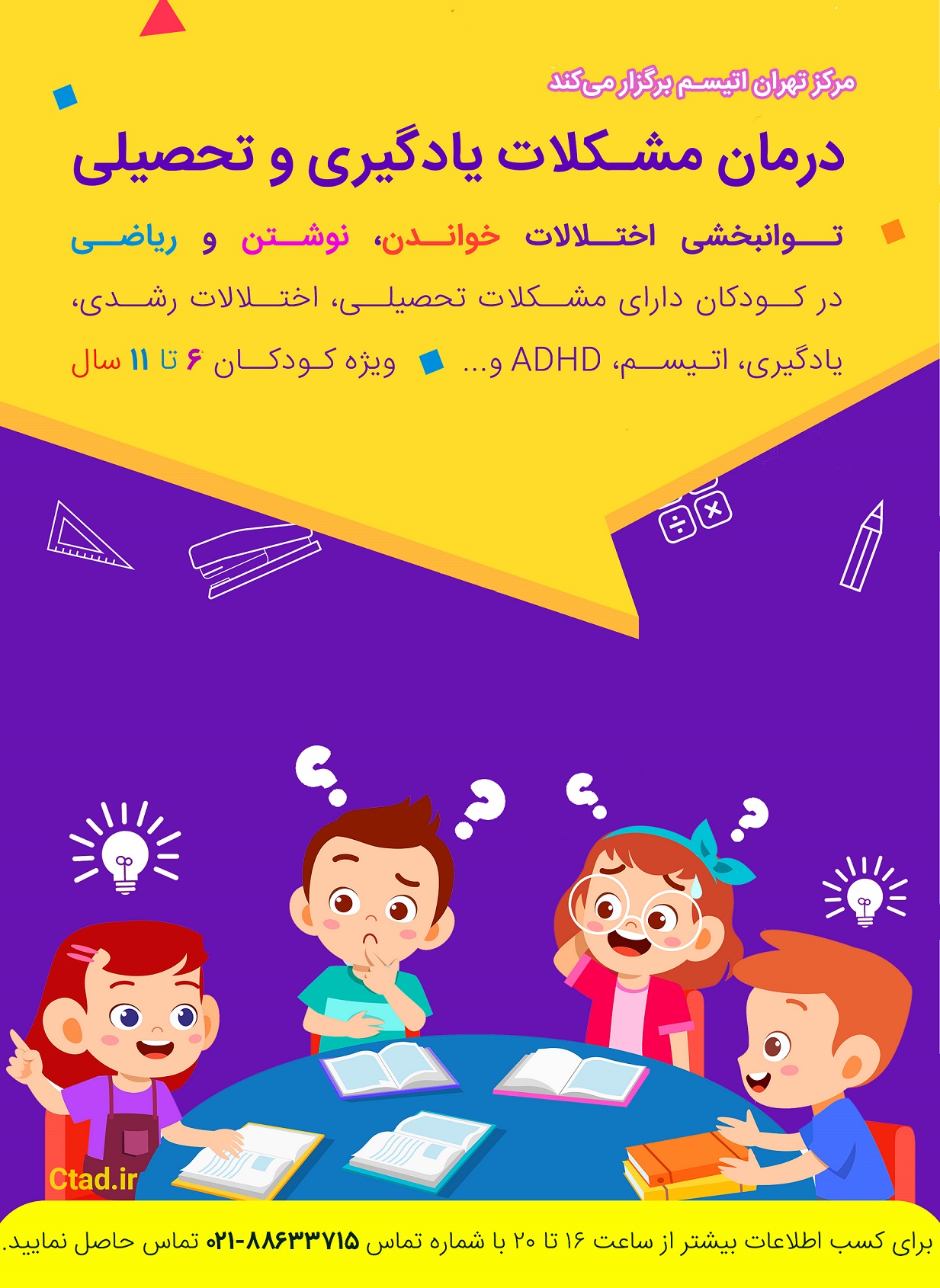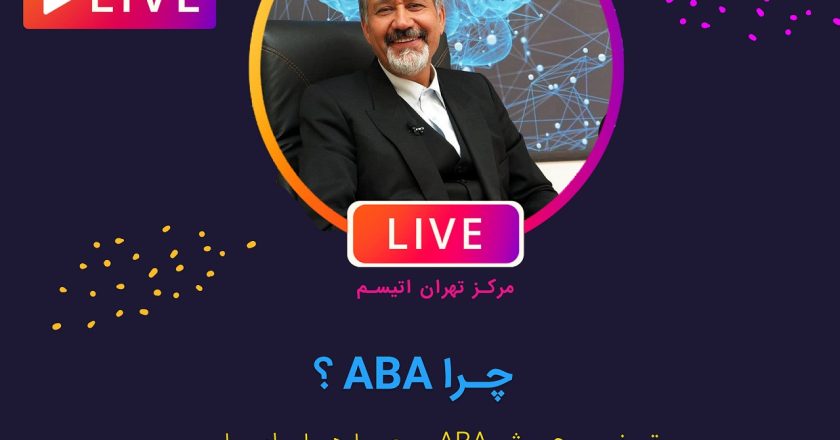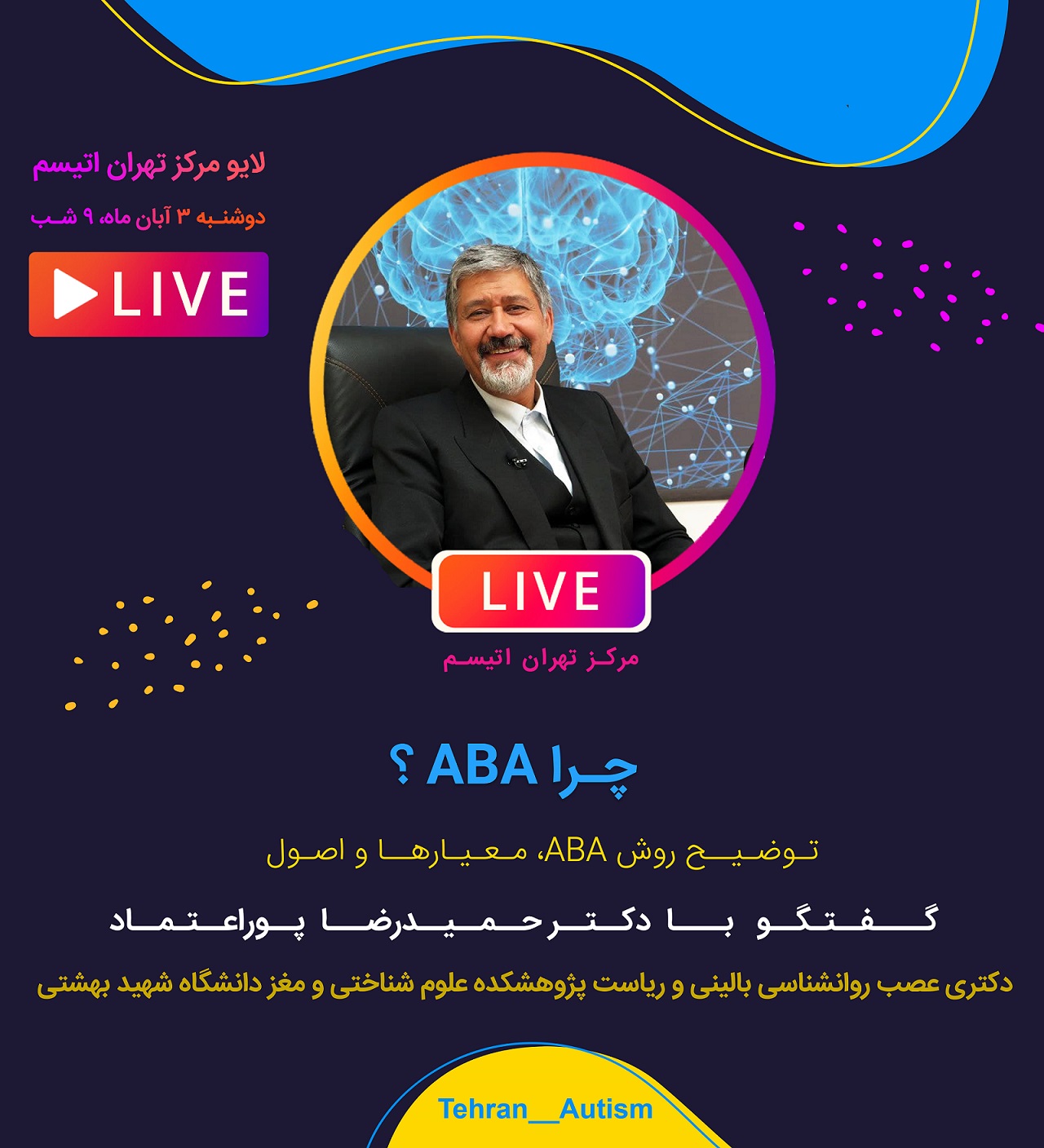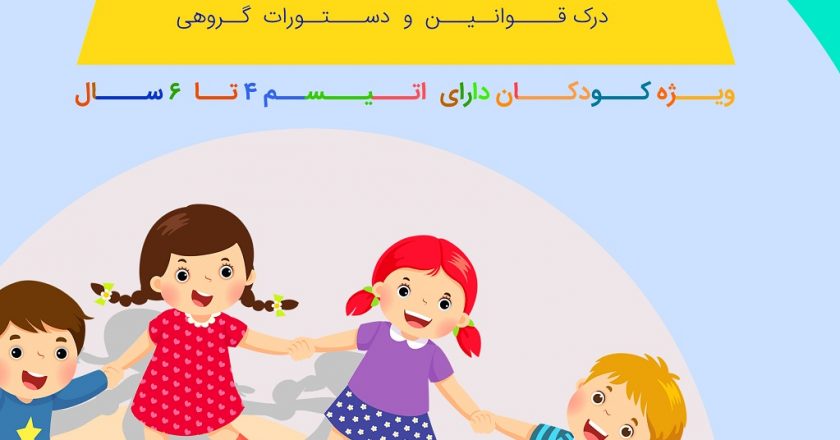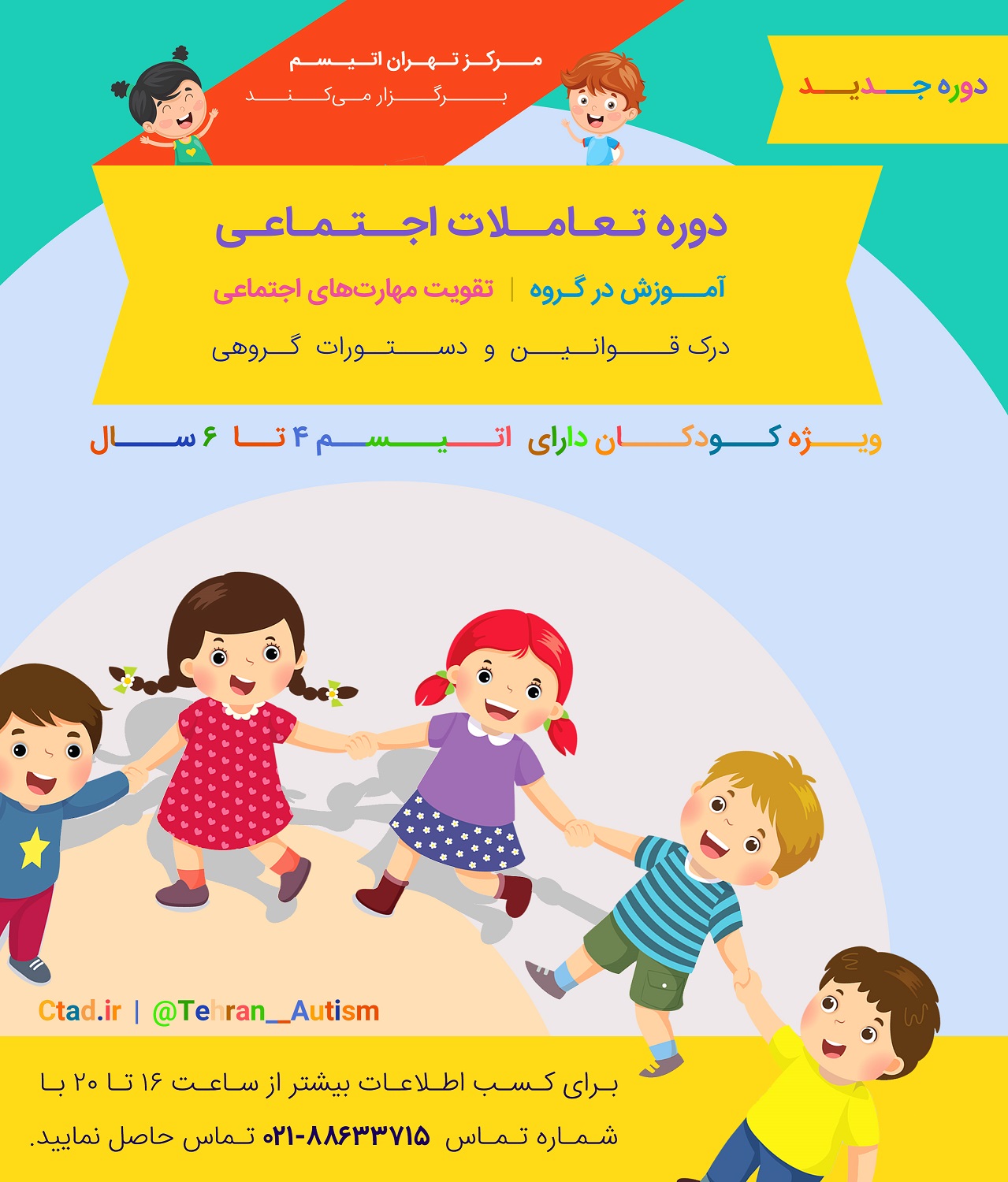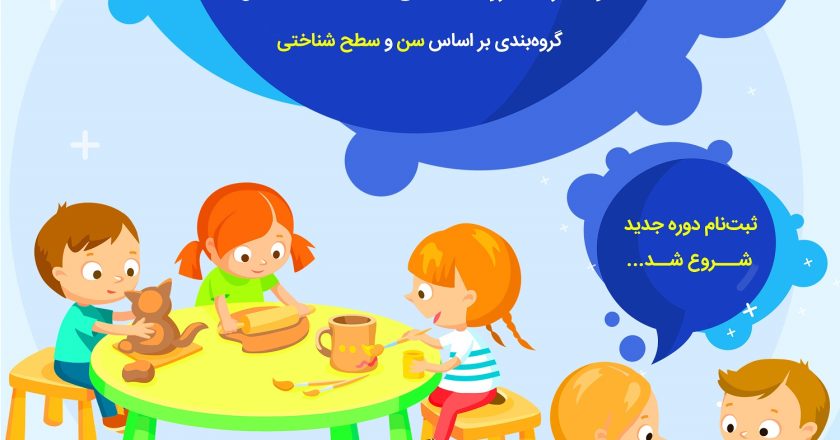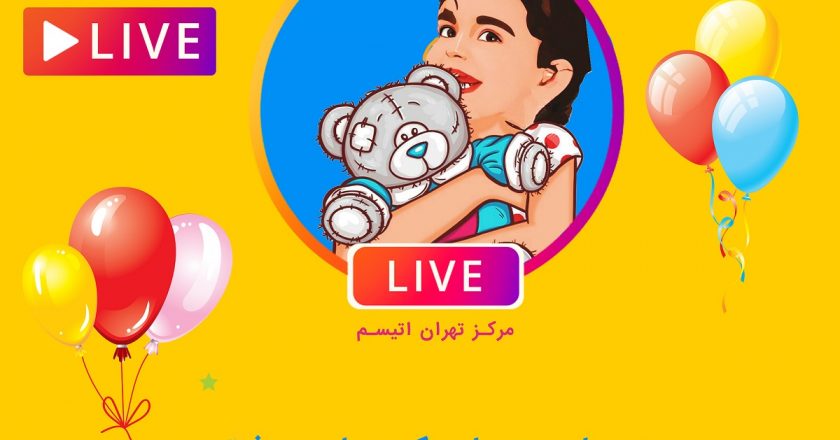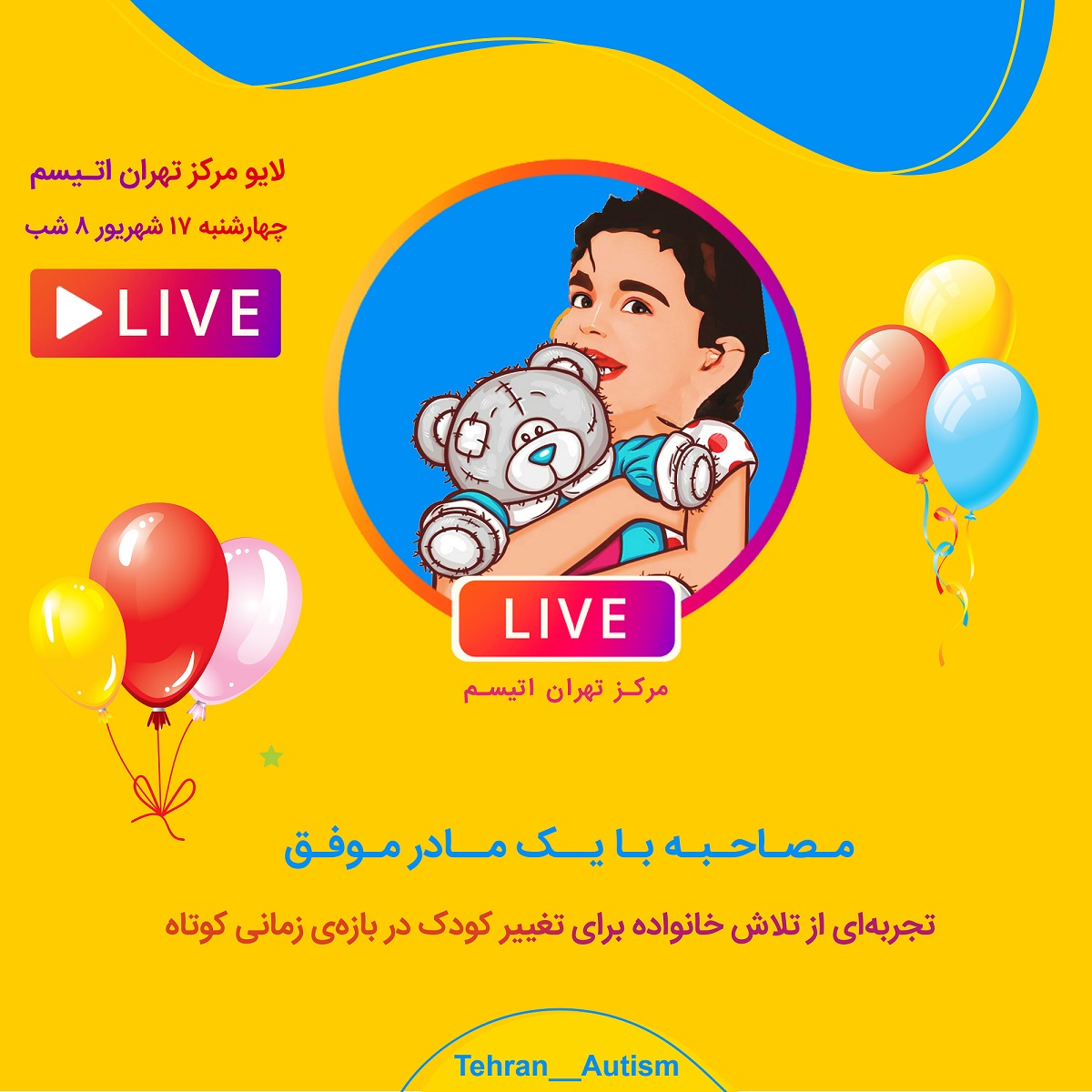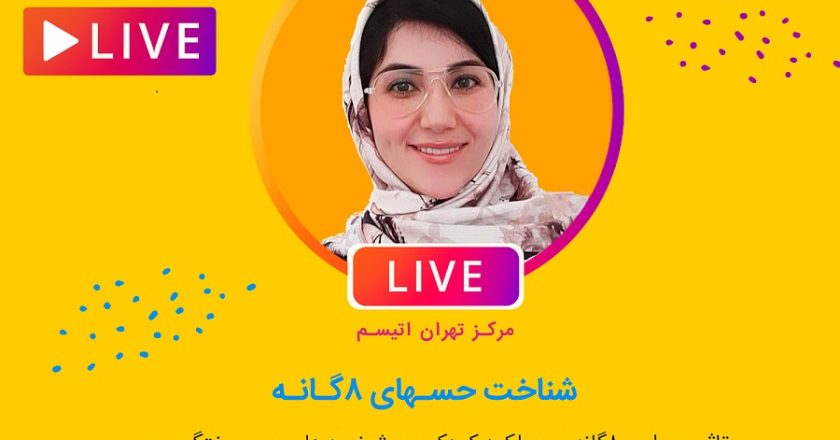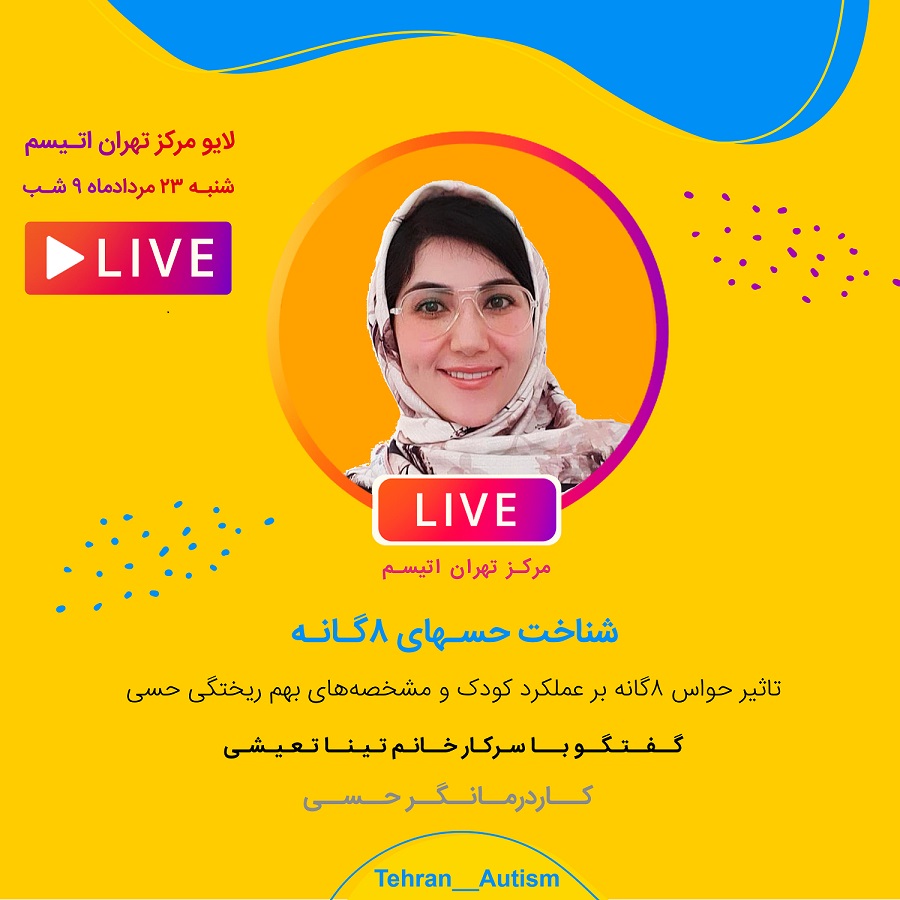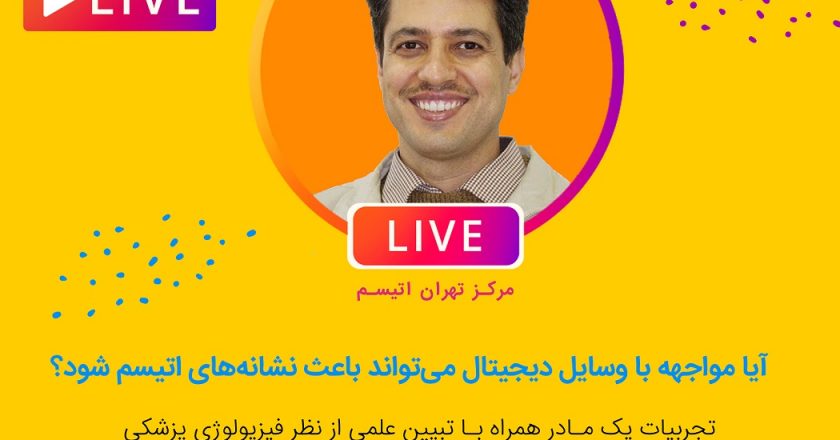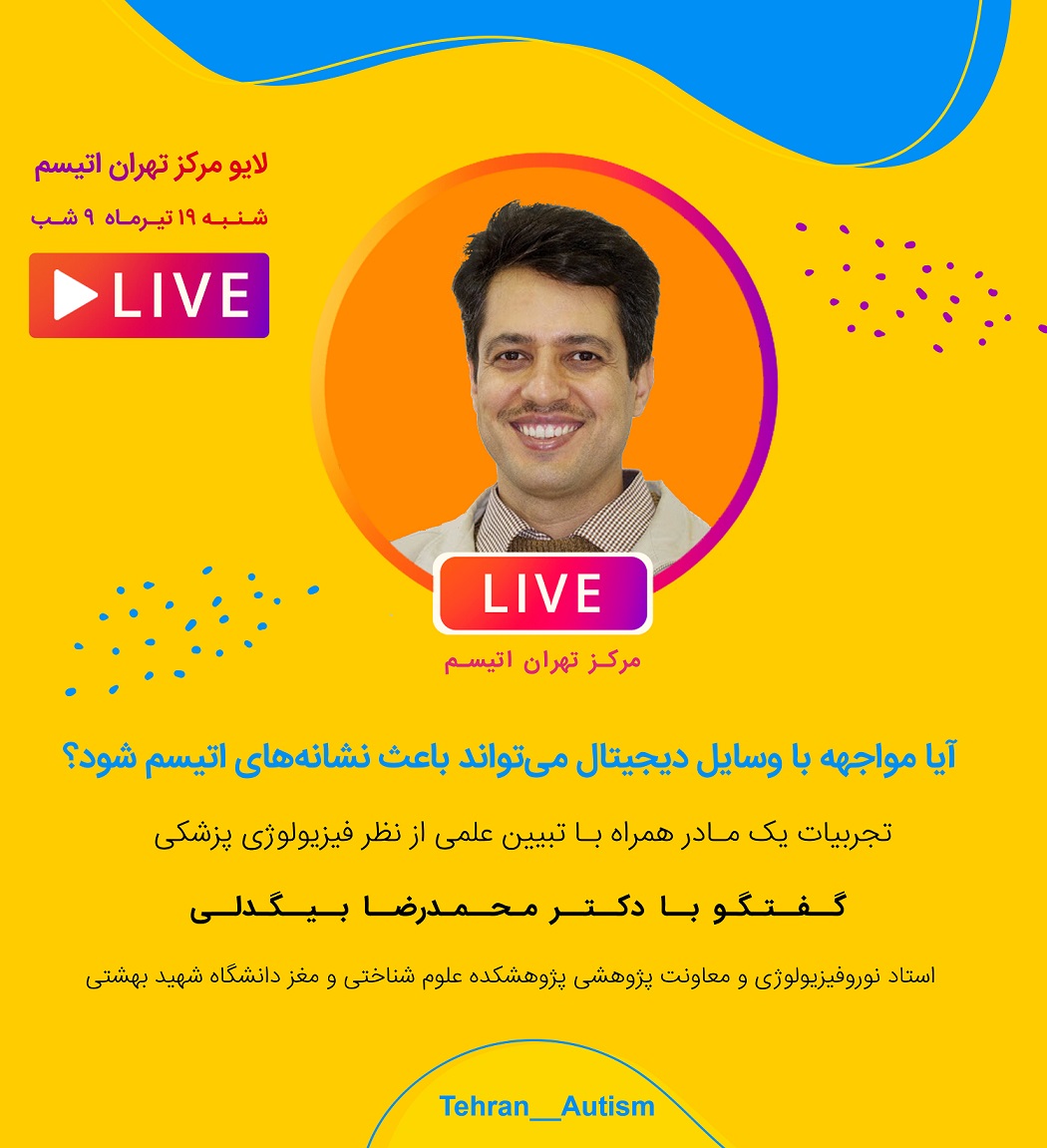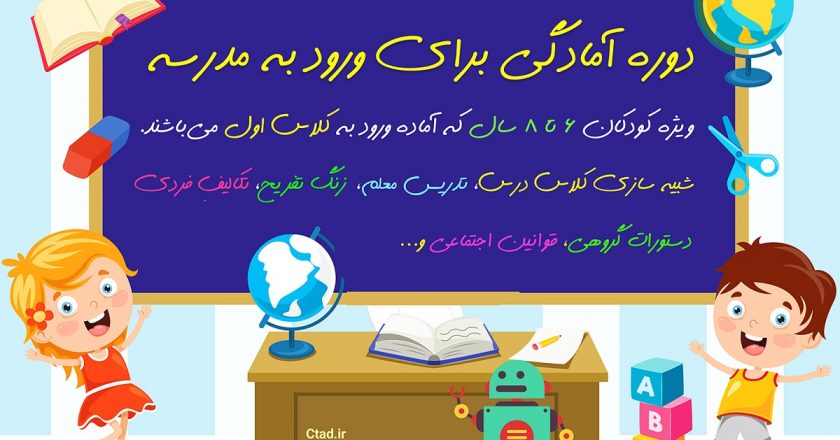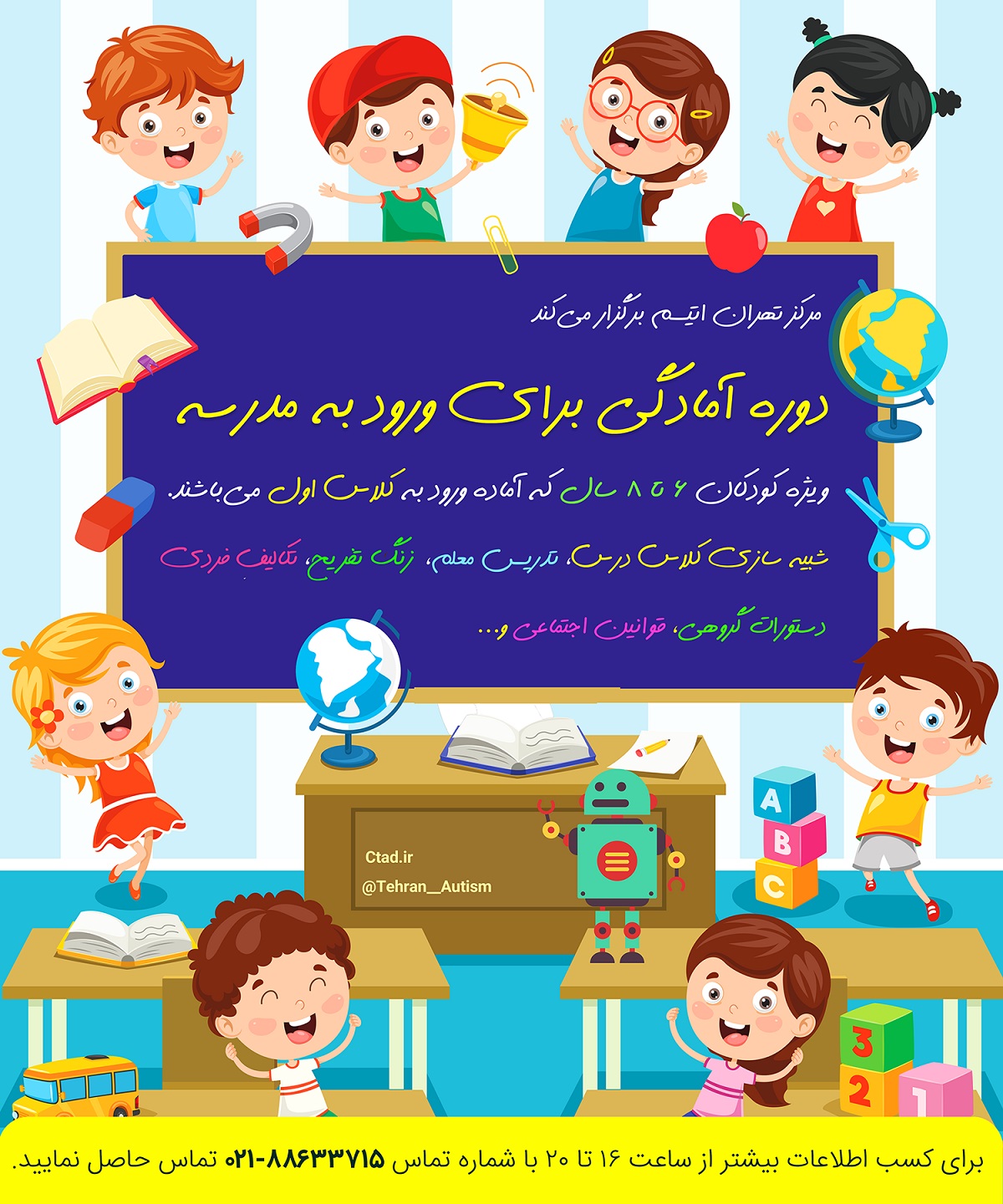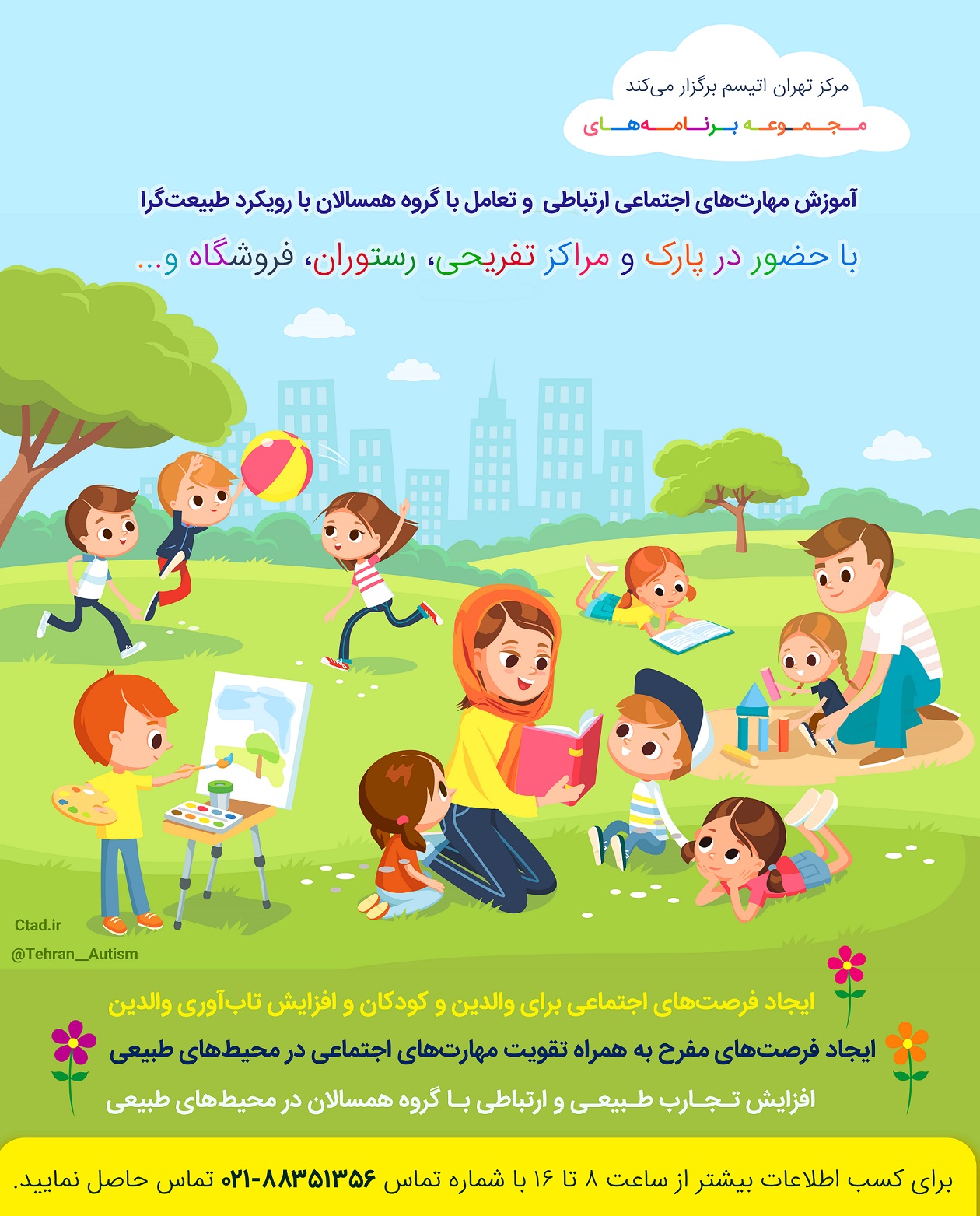
آغاز ثبت نام دوره جدید
مرکز تهران اتیسم برگزار میکند:
برگزاری آموزش مهارتهای اجتماعی ارتباطی و تعامل با گروه همسالان با رویکرد طبیعت گرا
با حضور در پارک و مراکز تفریحی، رستوران، فروشگاه و…
- ایجاد فرصتهای اجتماعی برای والدین و کودکان و افزایش تاب آوری والدین
- ایجاد فرصتهای مفرح به همراه تقویت مهارتهای اجتماعی در محیطهای طبیعی
- افزایش تجارت طبیعی و ارتباطی با گروه همسلان در محیطهای طبیعی
در این دوره پس از بررسی نقاط قوت و ضعف کودکان به تقویت مهارتهای اجتماعی در محیطی طبیعی میپردازیم.
مکان برگزاری: مجموعه باغ حیاط شعبه سعادت آباد
شما خانواده های عزیز می توانید با توجه به تمایلتان در هر یک از ساعات زیر ثبت نام نمایید:
دو روز در هفته، در روزهای شنبه و چهارشنبه
گروه اول: ساعت ۹ تا ۱۲
گروه دوم: ساعت ۱۳ تا ۱۶
گروه سوم: (ویژه گروه با عملکرد بالا) ساعت ۱۶ تا ۱۹
جهت ثبت نام و کسب اطلاعات بیشتر لطفا از ساعت ۸ الی ۱۶ با شماره ۸۸۳۵۱۳۵۶-۰۲۱ در تماس باشید.

